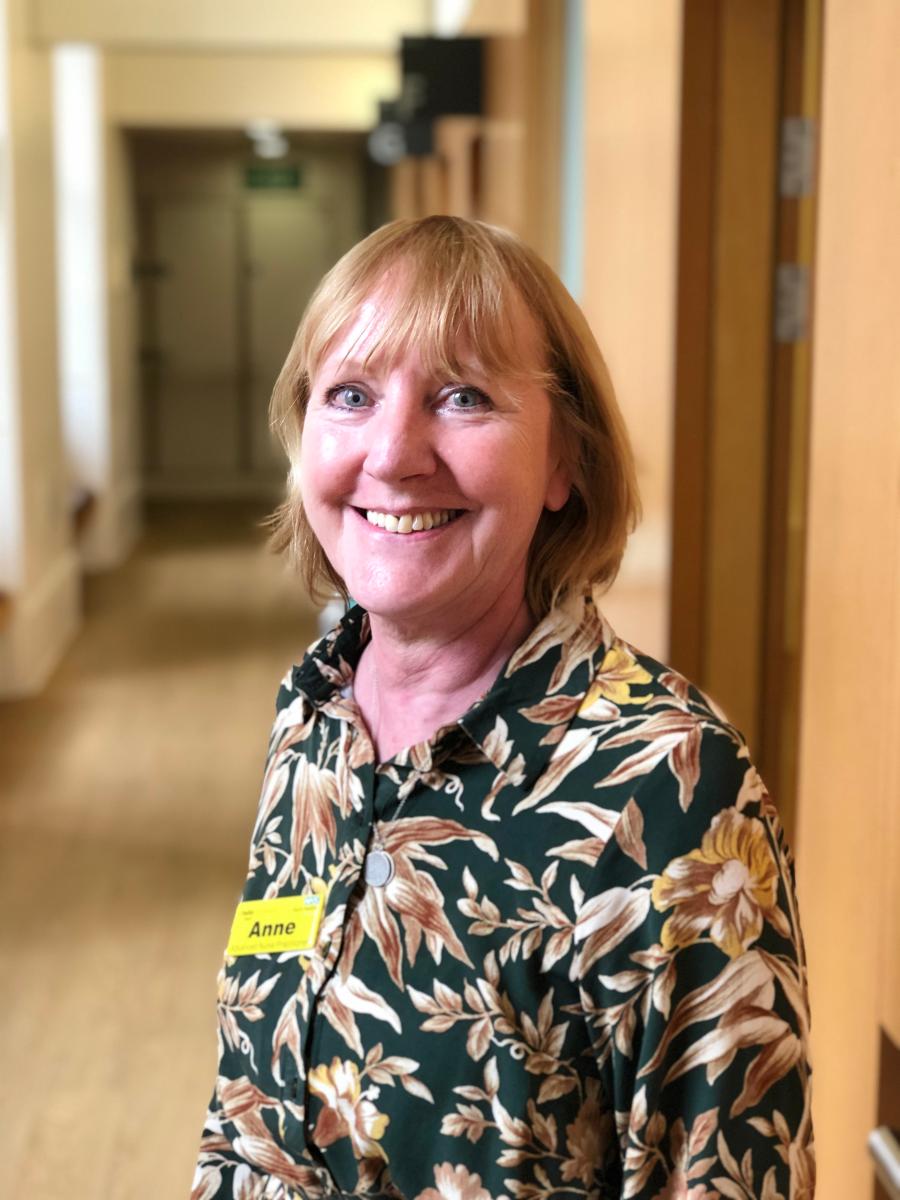Five year milestone for breast cancer follow-up programme

A service, set up to provide one-to-one support to breast cancer patients post-treatment, has recently celebrated its fifth birthday.
The breast open access follow up programme – or OAFU for short – was established at St Bartholomew’s Hospital in 2015 and includes a small team of advanced nurse practitioners and one data specialist.
It has since expanded to Newham and Whipps Cross hospitals and now takes on around 400 new patients every year.
The service allows breast cancer patients who have completed their treatment to contact a team of specialist nurses, should they have any concerns about their condition in a process known as patient initiated follow up or PIFU.
When a patient's concern cannot be resolved remotely, they are seen in clinic within a couple of days.
More than 1,800 patients have been referred to the service in its five years of operation.
It is estimated to have saved hundreds of hours of clinical time by avoiding unnecessary outpatient appointments, when patients would otherwise report nothing wrong.
Anne Brewer, advanced nurse practitioner and OAFU programme manager (pictured), said:
“The follow-up clinic puts the patient in control of their own care.
“It encourages them to be proactive and report any concerns to our team instantly, over the phone or via email, rather than waiting until their next face-to-face appointment.
“Not only does the service free-up clinicians to concentrate on the most complex cases, it also saves time and money for patients by limiting the amount of visits to hospital – which can often be a long way from home.”
Holistic needs assessment
On completion of their primary breast cancer treatment, all patients are invited to a face-to-face consultation with one of the service’s advanced nurse practitioners.
Before attending, they’re asked to complete an electronic holistic needs assessment – covering every aspect of their wellbeing, including their physical, emotional and spiritual state.
At the meeting, which Anne describes as “incredibly thorough”, patients are guided through common problems after diagnosis and treatment, breast awareness, health and wellbeing and given advice on which issues should be reported to the OAFU team.
A care plan is worked up, in partnership with the patient, and they are also introduced to the four-point Macmillan Recovery Package, designed specifically to help people self-manage the impact cancer has on their life.
“The initial conversation covers a lot of ground”, says Ruth McCrea, an advanced nurse practitioner who completes the OAFU nursing team.
“It’s an opportunity to look beyond the cancer and talk about their overall needs.
“We use this time to see what support is available in the community and to signpost to vital services like Maggie’s or Macmillan.”
Rapidly expanding service
The service, which is based in the West Wing at St Bartholomew’s Hospital, currently takes around 1,200 calls per year – on top of emails.
“This number is increasing”, says programme coordinator and data expert Susan Shiel.
The most common queries are to report new symptoms, but the team also field questions on appointment times, test results and other treatments linked to cancer.
“We take calls on almost every aspect of care”, adds Ruth, “but it’s important to stress that we are not an emergency service.”
Following their treatment, breast cancer patients undergo annual surveillance mammograms, which are monitored by the OAFU team and the results are sent by post.
Patients who have been successfully treated remain under the team’s care for five years, after which they are referred back to their GP and to the NHS breast screening programme.
Those under the age of 50 by the time they have completed their five-year programme continue to have annual surveillance mammograms until they become eligible for the breast screening programme.
Patients with symptoms of breast abnormality, but which is not classified as cancer, are also referred to OAFU for five years of annual mammography surveillance.
The majority of breast cancer patients are suitable for the OAFU programme.
Those unable to self-manage are offered traditional face-to-face appointments.
Sharing their success
The OAFU team presented on their progress at last year’s Association of Breast Surgery Conference.
One of the most important findings was that patient satisfaction with the service is high.
“There’s huge potential for a nurse-led, evidence-based service like ours to be rolled-out to other cancer groups”, says Anne.
“We’re incredibly proud of what we’ve achieved in just five years.”
Patient initiated follow up is one of a number of ways we're transforming outpatient care to give patient patients greater control and convenience in their NHS hospital or clinic appointments. For further information about the OAFU service, please contact the team here.
